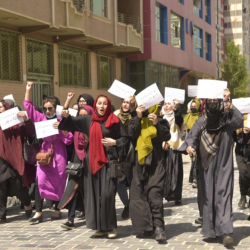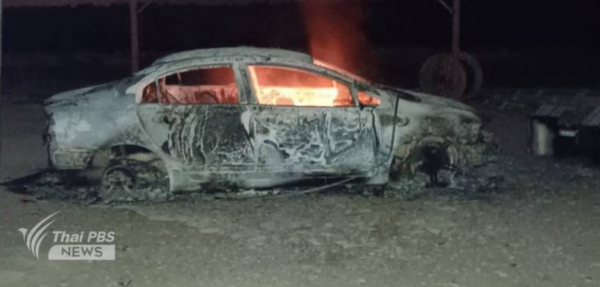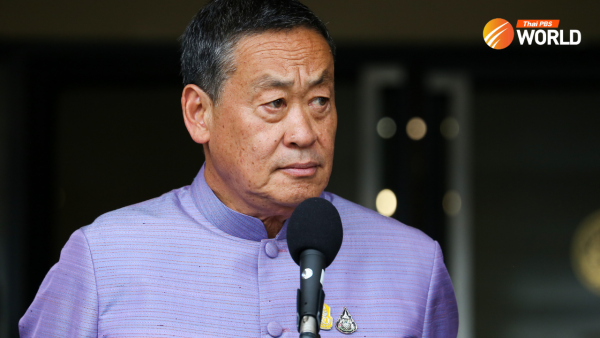King Charles III: the long wait for the throne

King Charles III became heir to the throne at the age of just three and waited seven long decades to succeed Queen Elizabeth II.
Born on November 14, 1948, his course in life was plotted for him when his grandfather King George VI died, making his mother queen.
In 1958, Elizabeth made him prince of Wales, the traditional title for heirs apparent dating back to the 13th century.
Described as a sensitive and awkward child, he was bullied at Gordonstoun boarding school in northeast Scotland.
His no-nonsense father, Prince Philip, was a former pupil and thought its austere regime — and the even harsher Scottish weather — would toughen him up.
But being sent away widened the gulf between his father, a gruff former Royal Navy officer, and mother, who was often away on official trips.
According to Charles’s authorised biography, the queen was “not indifferent” to her son but was “detached”.
The young prince still had to bow to her. On her return from one six-month tour, when he was five, she greeted him not with a hug but a handshake.
Aged 20, Charles was formally crowned prince of Wales at a grand televised ceremony in Caernarfon Castle.
At the time he was a student at the University of Cambridge, where he began taking an interest in plastic waste and pollution, and the future of the planet.
– Diana and Camilla –
In the early 1970s a burgeoning romance with Camilla Shand, whom he had met at a polo match, was cut short by his commission in the Royal Navy.
While he was away at sea, Camilla married a British Army officer, Andrew Parker Bowles, in 1973.
For the rest of the decade Charles was linked to a string of women as the country’s most eligible bachelor.
That changed in 1981 when at the age of 32 he married the 20-year-old Lady Diana Spencer at St Paul’s Cathedral in central London.
Prince William, his heir, was born in 1982, while Prince Harry, the self-styled “spare”, came along two years later.
Charles and Diana split in 1992 and formally divorced in 1996 after very public revelations of infidelity on both sides.
In 1997, with Charles having resumed his relationship with Camilla, Diana was killed in a car crash in Paris.
The couple made their first official engagement in 1999 and, after a calculated campaign to win public acceptance of Camilla, they married in 2005.
– Passions –
Charles once said of his role as heir that “there isn’t a job description, so you have to rather make it up as you go along”.
But he has developed a keen interest in architecture, the environment, farming, faith and alternative medicine.
His views, particularly on organic farming and climate change, once dismissed as those of a crank, have since become mainstream.
On acceding to the throne, there were concerns he would struggle to keep his counsel and maintain politically neutral as head of state.
But he has long experience already of top-level diplomacy, having represented his mother on overseas visits after she ended foreign travel due to old age.
William and Harry have described their father as a hard worker, whom they often found asleep at his desk at night.
He can sometimes be irritable, as at last year’s official proclamation of him as king, when an aide failed to take away an ink pot quickly enough.
– Emotions –
Camilla has spoken of an impatient man who “wants things done by yesterday”, but also of a doting grandfather who reads Harry Potter stories to his grandchildren “and doing the voices”.
The UK’s former ambassador to France, Peter Ricketts, said Charles was “a warm, emotional man, who is perhaps readier to express his emotions than his mother was… and who is very good with people”.
Behind the scenes, he is facing a tricky task of preserving the monarchy’s ancient traditions and adapting it to fit the modern world.
After so long waiting, he has thrown himself into the job.
But royal commentator Richard Fitzwilliams said: “It’s difficult when you’re in your 70s to excite as much as say William and (William’s wife) Catherine one day will.
“They are the future of the monarchy.”
By AFP






